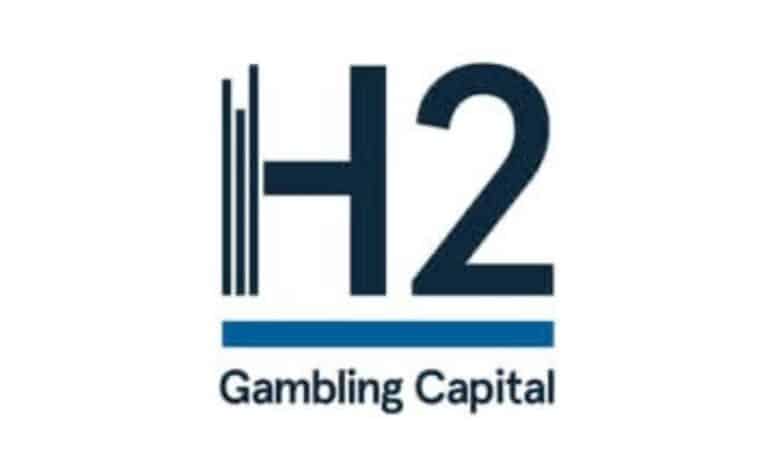
Based on H2 Gambling Capital – Report 3: Optimum Tax Structure
Taxation is the most sensitive — and arguably most important — variable in Africa’s gambling policy debate. In the third report of its Africa-focused series, H2 Gambling Capital provides a deep analysis of what works, what doesn’t, and what governments must do to ensure tax policy supports — rather than stifles — industry growth.
The report critiques many existing models across Africa, noting that overly aggressive or fragmented tax regimes are pushing activity offshore and reducing potential tax revenue.
- What’s Going Wrong
According to H2, many African markets are falling into three common traps:
– Taxing stakes (every bet placed), which reduces player value and hurts trust.
– Applying withholding tax (WHT) only on winnings, which feels punitive to players who lose more often than they win.
– Stacking multiple levies, including GGR tax, corporate tax, licensing fees, and MoMo/monitoring charges — making the effective tax rate unsustainable.
Read Also: Uganda Strengthens Gaming Regulations Through Police-Board Collaboration in Rwizi Region
The result? Players go offshore and operators follow. Governments lose revenue.
- The GGR-Based Solution
The gold standard, as outlined in the report, is a Gross Gaming Revenue (GGR) tax applied to the operator, ideally between 15–25%. This model:
– Ensures taxation is aligned with operator profitability,
– Protects players from feeling directly taxed,
– Encourages long-term investment, and
– Stabilizes public revenue streams.
- A Cautionary Tale: The UK’s Evolution
A cautionary tale can be drawn from the UK’s early 2000s experience. The UK initially imposed a 6.75% tax on stakes, which caused many operators to relocate offshore. In 2001, the government restructured its gambling tax system, introducing a 15% GGR tax applied only to operators and eliminating player-facing taxes. The result was a sharp improvement in market channeling, operator compliance, and consistent tax collection.
- Final Recommendations
H2’s model for Africa includes:
– GGR-based taxation as the anchor;
– Elimination or reduction of overlapping taxes and levies;
– Avoidance of payment monopolies or forced integrations;
– Annual reviews to align rates with market realities.
The report’s message is clear: tax structures must be smart, not severe. When governments focus on maximizing taxable volume — rather than overtaxing each bet — everyone benefits: players, operators, and public coffers alike.




















